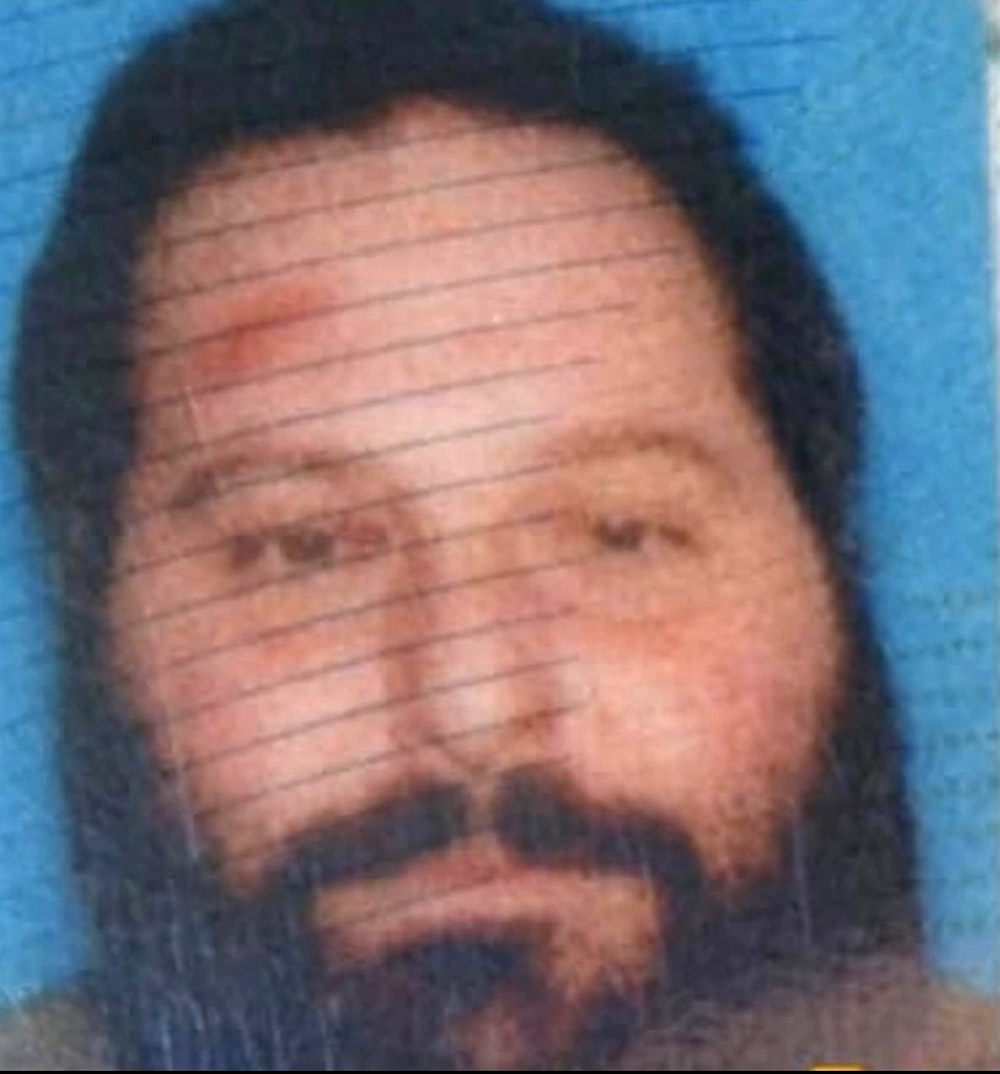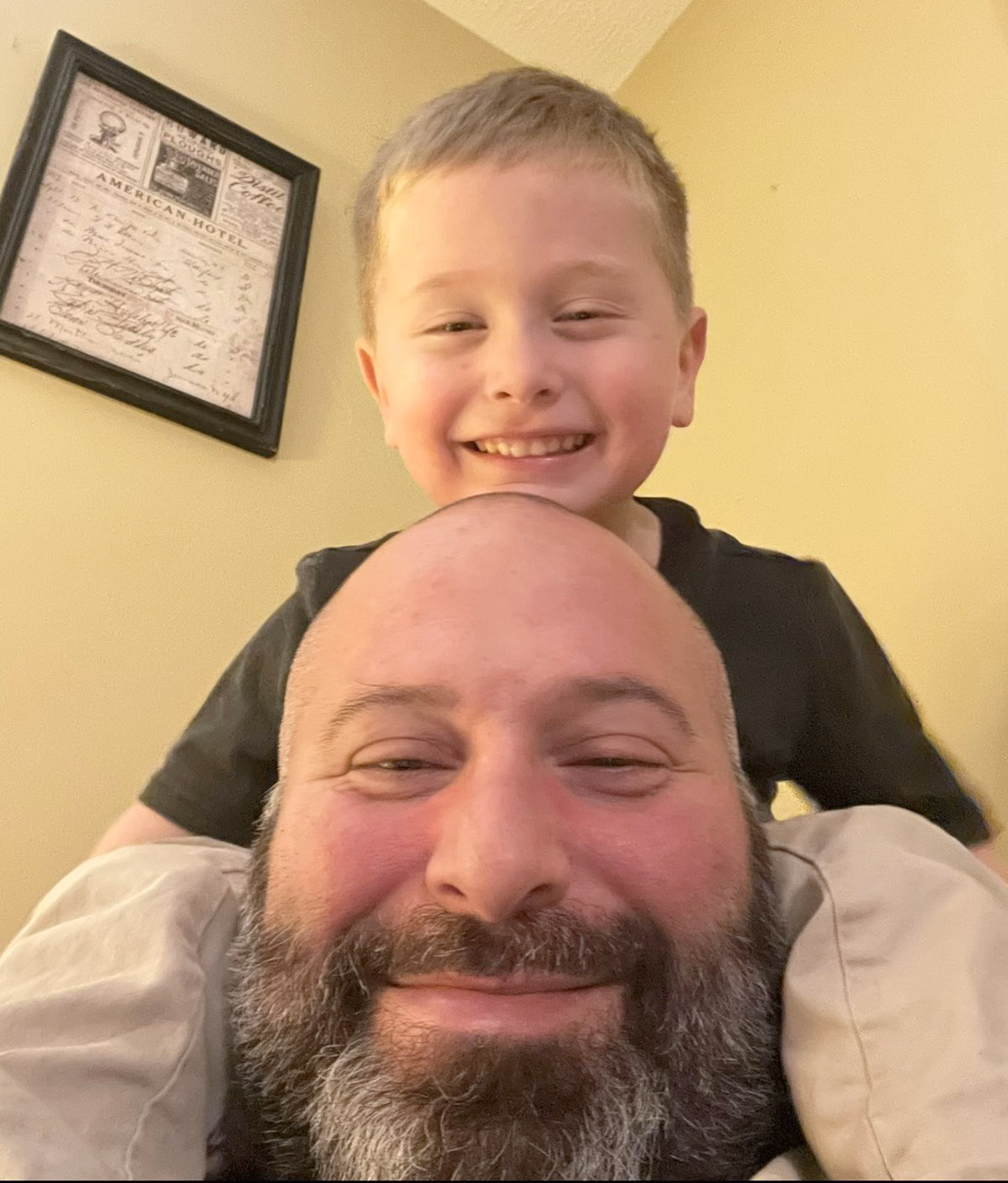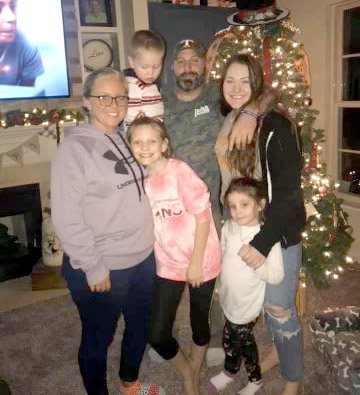Jason Mullins graduated fourth in his high school class with a 3.76 GPA, was named an All-State football player, and was offered a Congressional appointment to the U.S. Military Academy at West Point.
He decided to play football at a college in Southeastern Kentucky. After tearing a tendon in his hand that required surgery, Jason was given a prescription for Vicodin. He had been drinking socially since age 11 and smoked a little weed, but this was his first encounter with pain medication.
People flocked to Jason wanting some of his prescription pills. They even showed him how to crush and snort them. Soon, he had run out of his own pills and was buying them from others. When Jason went home to Harlan County in summer 2000 the OxyContin epidemic was well under way. People in Cumberland soon introduced him to this addictive drug.
At 19, Jason was hooked on prescription pain medicine. It took him 17 years and 11 stints in rehab in three states to stop for good.
His first and only arrest happened that first summer. Jason was charged with DUI by an officer who now works for Operation UNITE. Although he didn’t get clean then, it made a huge impact on him. (The two recently reunited at the national Rx and Illicit Drug Summit in Atlanta.)
Jason got married. His wife died of an overdose in his arms. He lost custody of his child. He lost good jobs. His family severed ties. He was homeless with only a bag of clothes to his name.
InMay 2016, he went to Isaiah House and found long-term recovery.
“They loved me and gave me a place to get grounded – grow some roots and find family. I worked through my steps with AA and NA, which are still a major part of my life today. I attribute my recovery to God, and the 12 steps helped me find a relationship with God.”
Jason has re-married and owns a car and a house. He has two step-daughters and a 5-year-old son, who climbs into his arms every evening to fall asleep. Jason also has a great relationship with his 18-year-old daughter from his first marriage, who starts college this fall at Western Kentucky University.
“My family has made all the difference this time. I don’t want to lose my family again. They provide accountability. They can’t afford for me to pick up a drink or drug again. And I can’t afford to lose them.”
He started at Isaiah House Treatment Center as an intern, then a peer support specialist and peer support supervisor before becoming an associate vice president. He currently leads a team of 250 people. Jason also earned a bachelor’s degree in business.
“Anybody can get clean. It doesn’t matter what they’ve done. The most important thing is accountability. The best thing my mom did was to tell me that she was done,” Jason said. “Choices have to be removed. The more choices, the more difficult it is to get clean. Addicts will fall back on the easiest solution. Families need to put their loved ones in a position to be accountable.”



